Long-haul flights can feel like a marathon, especially when you’re cramped in an airplane seat for 8–15 hours straight. The difference between arriving at your destination feeling like a zombie or a human often comes down to how well you packed. Smart packing isn’t just about fitting everything into your luggage—it’s about bringing the right things in the right way to make your journey as comfortable as possible.
Whether you’re flying across the Pacific or heading to Europe, these tried-and-true strategies will help you pack like a seasoned traveler. Here is a list of 20 essential packing hacks that will transform your long-haul flight experience from survival mode to actually enjoyable.
Roll Your Clothes Instead of Folding

Rolling clothes creates significantly more space in your suitcase compared to traditional folding methods. This technique works especially well for t-shirts, jeans, and casual wear, and it actually reduces wrinkles, too.
Think of it like creating compact cylinders that fit together like puzzle pieces in your luggage.
Invest in Quality Packing Cubes

Packing cubes act like drawers for your suitcase, keeping everything organized and compressed. They make finding specific items a breeze and help you maximize every inch of available space.
Plus, they’re perfect for separating clean clothes from dirty ones during your trip.
Like Travel Pug’s content? Follow us on MSN.
Wear Your Heaviest Items on the Plane
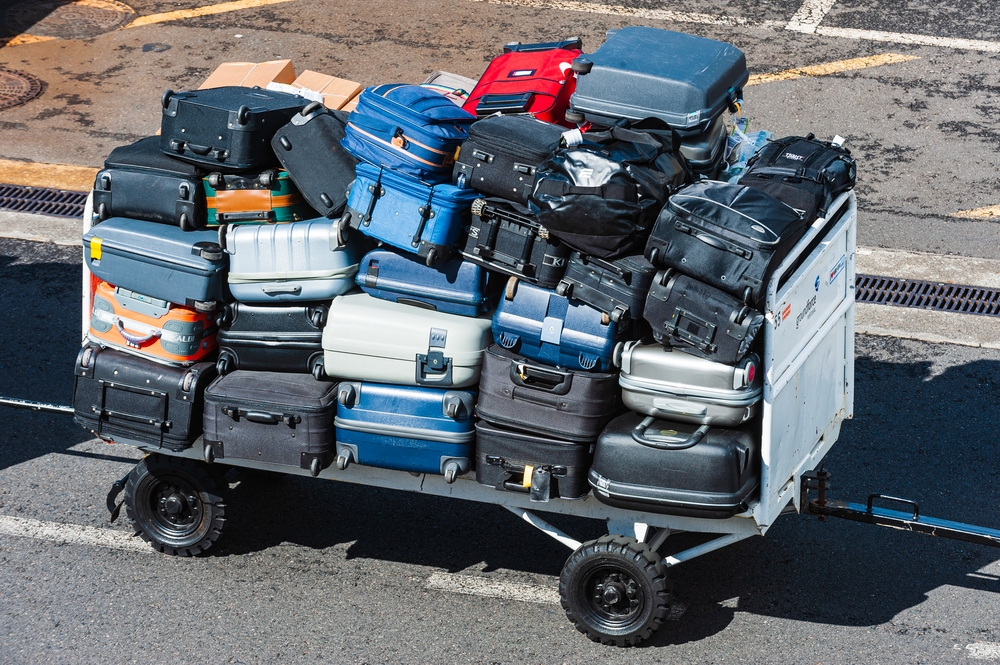
Airlines charge hefty fees for overweight luggage, but they don’t weigh what you’re wearing. Put on your heaviest boots, thickest coat, and bulkiest sweater before you check in or board the plane.
You can always take layers off once you’re settled in your seat.
Pack a Complete Change of Clothes in Your Carry-On

Lost luggage happens more often than you’d think, especially on long international routes with connections. Include underwear, a fresh shirt, and basic toiletries in your carry-on so you’re not stuck wearing the same outfit for days.
This simple backup plan has saved countless travelers from wardrobe disasters.
Bring an Empty Water Bottle

Airport water costs more than premium gasoline, and staying hydrated on long flights is crucial for feeling good when you land. Pack an empty bottle and fill it up after security—most airports have water fountains or filling stations.
Your wallet and your body will thank you.
Like Travel Pug’s content? Follow us on MSN.
Download Entertainment Before You Leave

Airplane Wi-Fi is notoriously slow and expensive, especially on international flights. Download movies, podcasts, and music to your devices while you’re still at home with fast internet.
Make sure you have enough content for at least double your flight time—just in case of delays.
Pack a Portable Charger
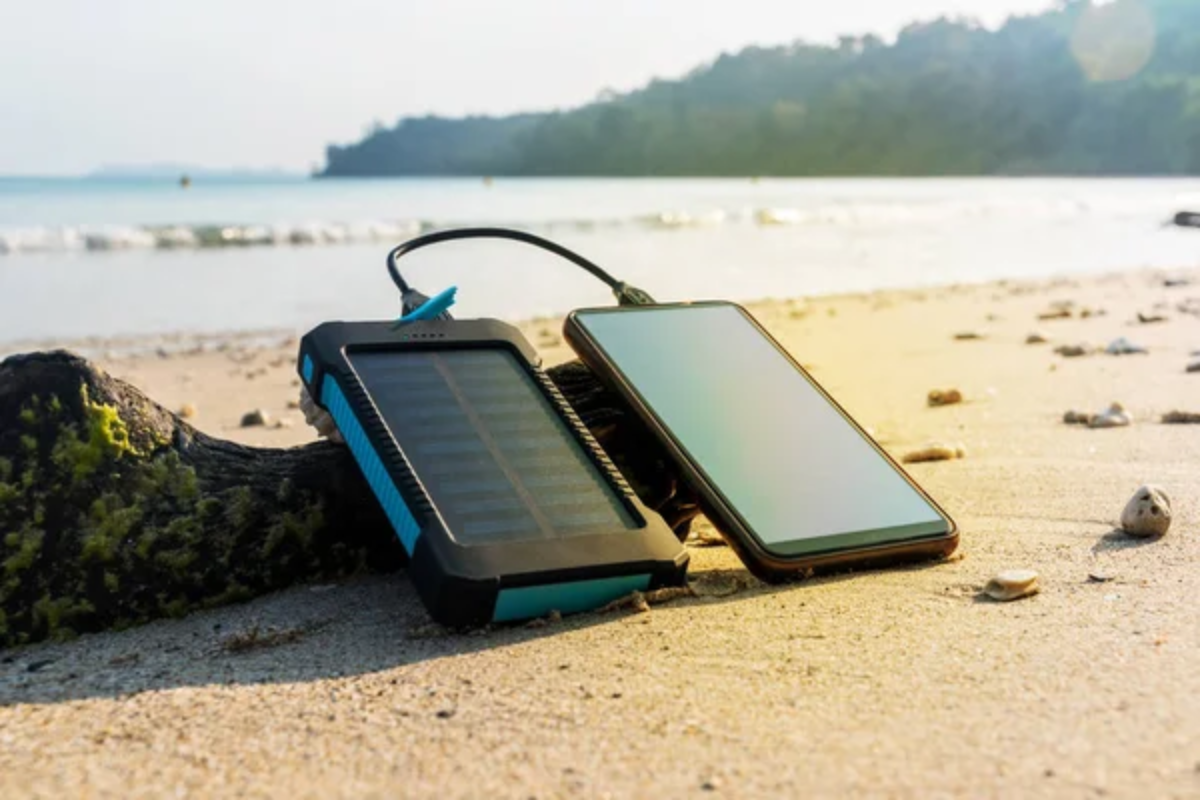
Nothing’s worse than watching your phone die halfway through a 12-hour flight, especially when it contains your boarding passes and entertainment. A good power bank can charge your devices multiple times and doesn’t depend on finding working outlets at the airport.
Look for one with at least 10,000 mAh capacity for long trips.
Bring Compression Socks
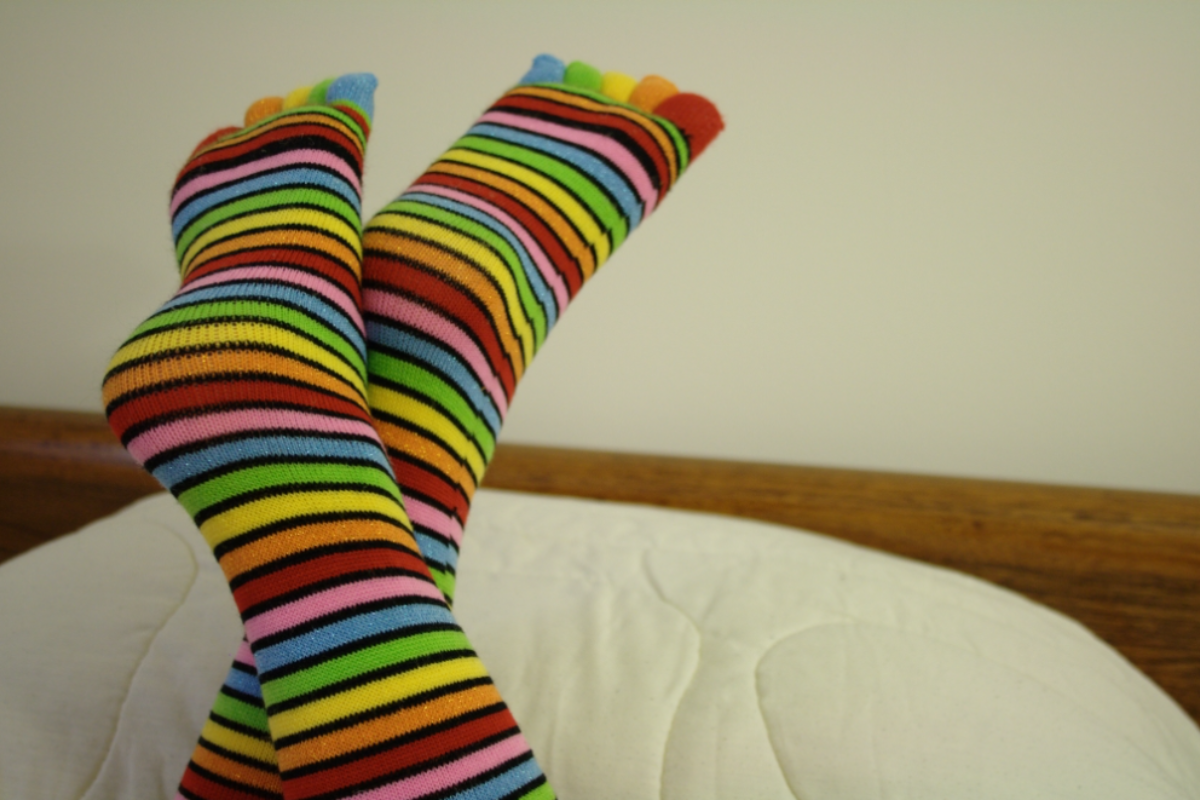
Sitting for hours can cause your feet and legs to swell, which is uncomfortable and potentially dangerous. Compression socks improve blood flow and reduce swelling, making you feel much better when you finally stand up.
They’re especially important if you’re prone to circulation issues.
Like Travel Pug’s content? Follow us on MSN.
Pack Eye Mask and Quality Earplugs
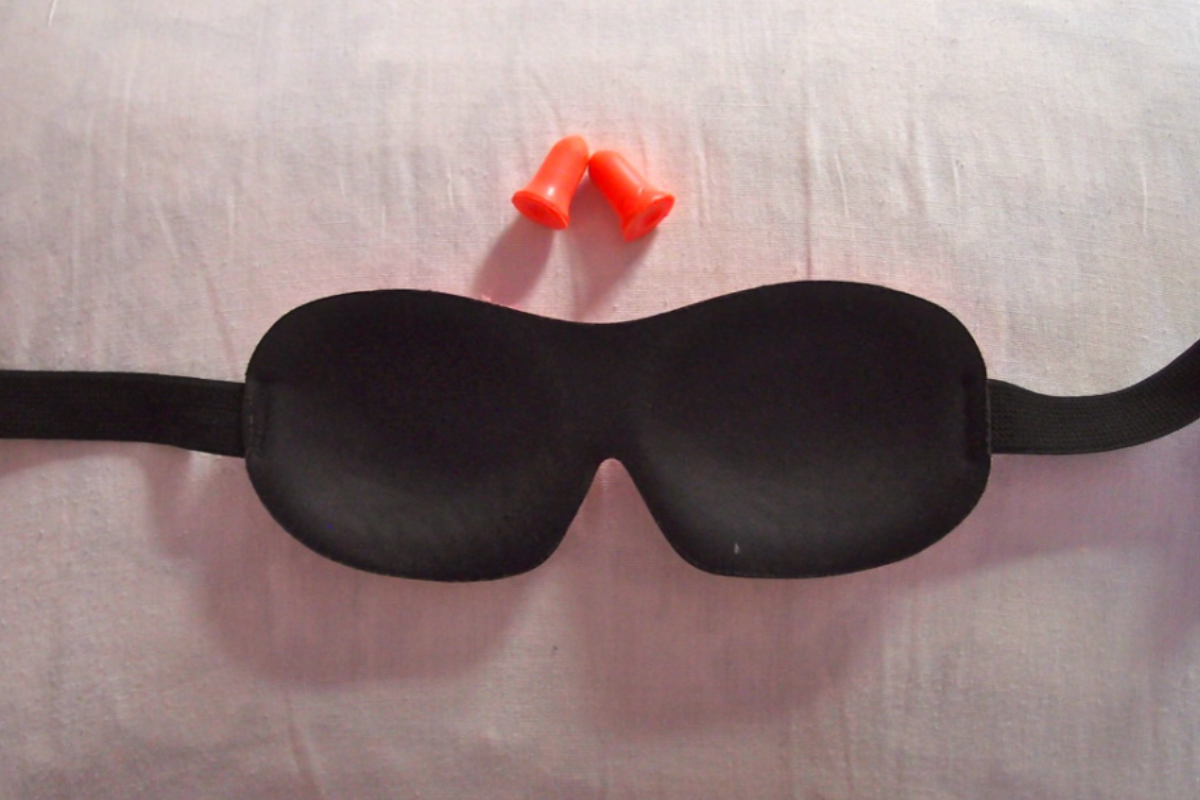
Airplane cabins are never truly dark or quiet, even during designated sleep hours. A good eye mask blocks out screen glare from other passengers, while earplugs muffle engine noise and crying babies.
These small items can mean the difference between getting real rest and arriving exhausted.
Keep Travel-Size Toiletries in Your Carry-On

Long flights can make you feel grimy, and having access to basic toiletries helps you freshen up during the journey. Pack a toothbrush, toothpaste, face wash, and deodorant in TSA-approved containers.
Being able to brush your teeth halfway through a 14-hour flight is surprisingly refreshing.
Use Dead Space Inside Your Shoes
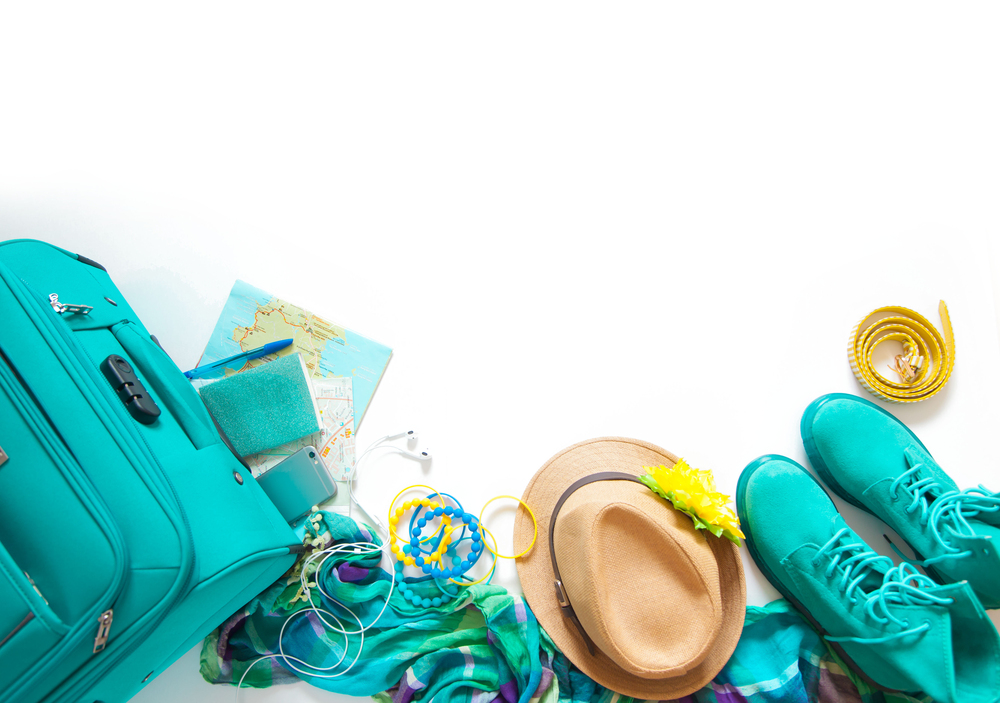
Shoes take up valuable real estate in your luggage, but the inside of each shoe can be used for storage. Stuff socks, underwear, chargers, or other small items into your shoes to maximize space.
Just make sure to put everything in a plastic bag first to keep your clothes clean.
Like Travel Pug’s content? Follow us on MSN.
Invest in a Good Travel Pillow
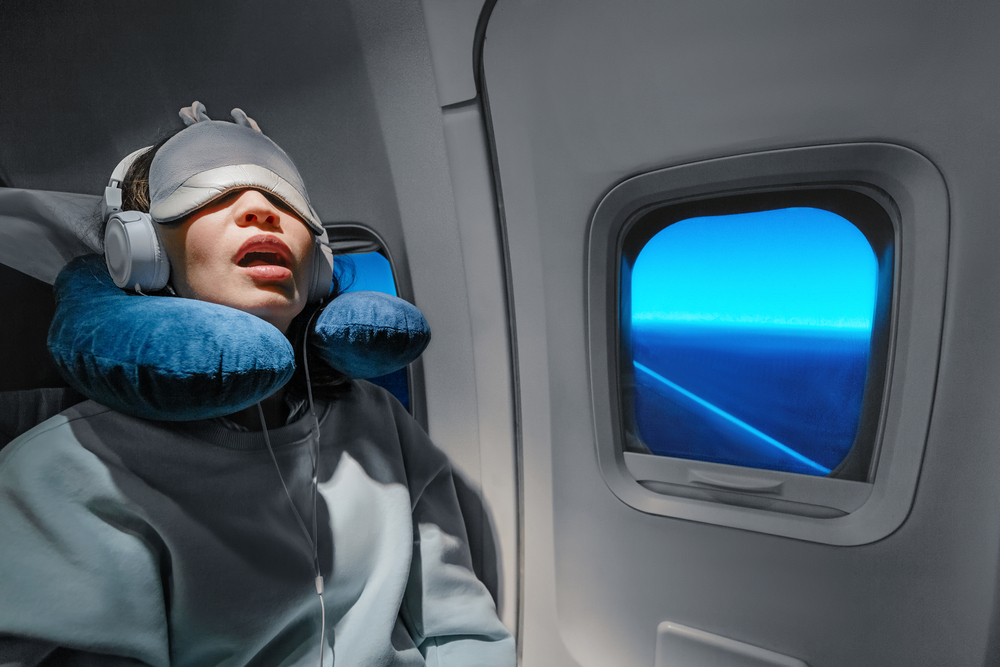
The thin airline pillows are decorative, offering minimal neck support during sleep. A quality memory foam or inflatable travel pillow can prevent neck pain and help you sleep on the plane.
Look for one that supports your specific sleeping style—some people need more side support, others prefer back support.
Pack Smart Snacks
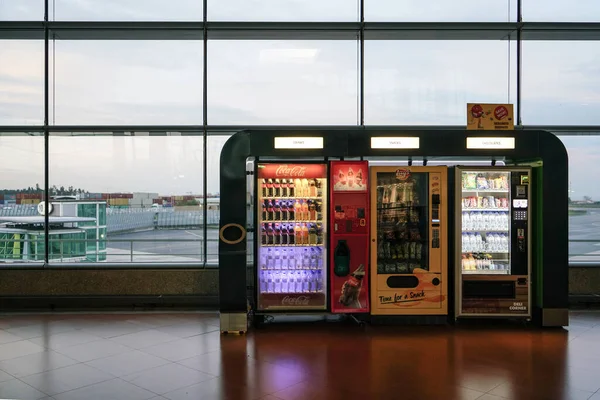
Airline food is hit or miss, and airline meal schedules don’t always match your body clock or appetite. Bring protein bars, nuts, dried fruit, or other non-perishable snacks that will keep you satisfied.
Just remember that many countries have strict rules about bringing fresh food through customs.
Bring a Versatile Scarf or Shawl

Airplane temperatures are unpredictable—you might be freezing at takeoff and sweating at cruising altitude. A large scarf serves as an extra blanket, pillow, or privacy screen, and it takes up minimal luggage space.
Choose one made from breathable fabric that can handle temperature swings.
Like Travel Pug’s content? Follow us on MSN.
Use Vacuum-Sealed Storage Bags
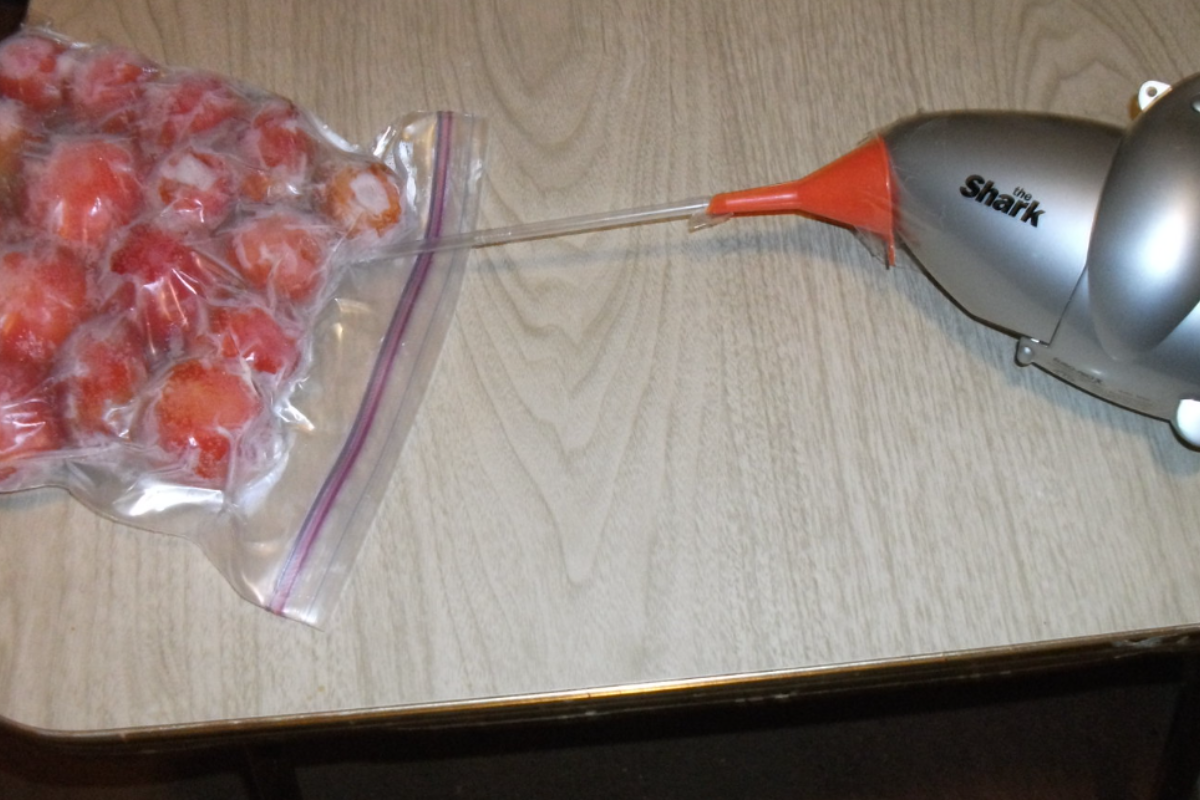
These bags compress your clothes to a fraction of their normal size by removing all the air. They’re perfect for bulky items like sweaters or winter coats that you need at your destination but don’t want to take up half your suitcase.
Just remember that the clothes will expand back to full size when you open the bag.
Pack Separate Dirty Laundry Bags

Keeping clean and dirty clothes separated is important, especially on longer trips. Pack a couple of plastic bags or a dedicated laundry bag for worn clothes.
This prevents your clean items from picking up odors, making unpacking at home much easier.
Bring Hand Sanitizer and Disinfecting Wipes
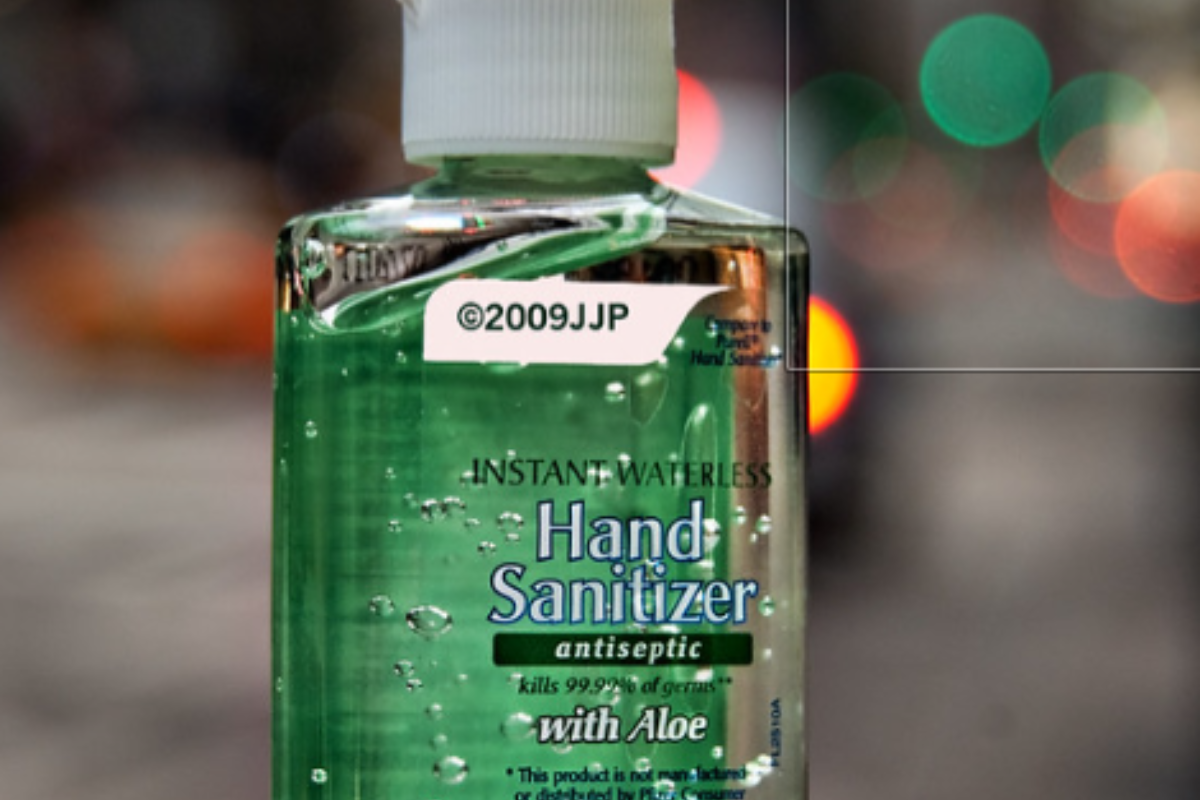
Airplanes are flying petri dishes, with hundreds of people touching the same surfaces. A small bottle of hand sanitizer and a pack of wipes let you clean your hands and the immediate area.
This simple precaution can help you avoid getting sick right at the start of your vacation.
Like Travel Pug’s content? Follow us on MSN.
Pack a Basic First Aid Kit

Minor injuries and health issues happen when you’re far from home. Include band-aids, pain relievers, antacids, and any personal medications in a small kit.
Many travelers forget basics like headache medicine, which can turn a minor discomfort into a major problem at 35,000 feet.
Don’t Forget Lip Balm and Moisturizer
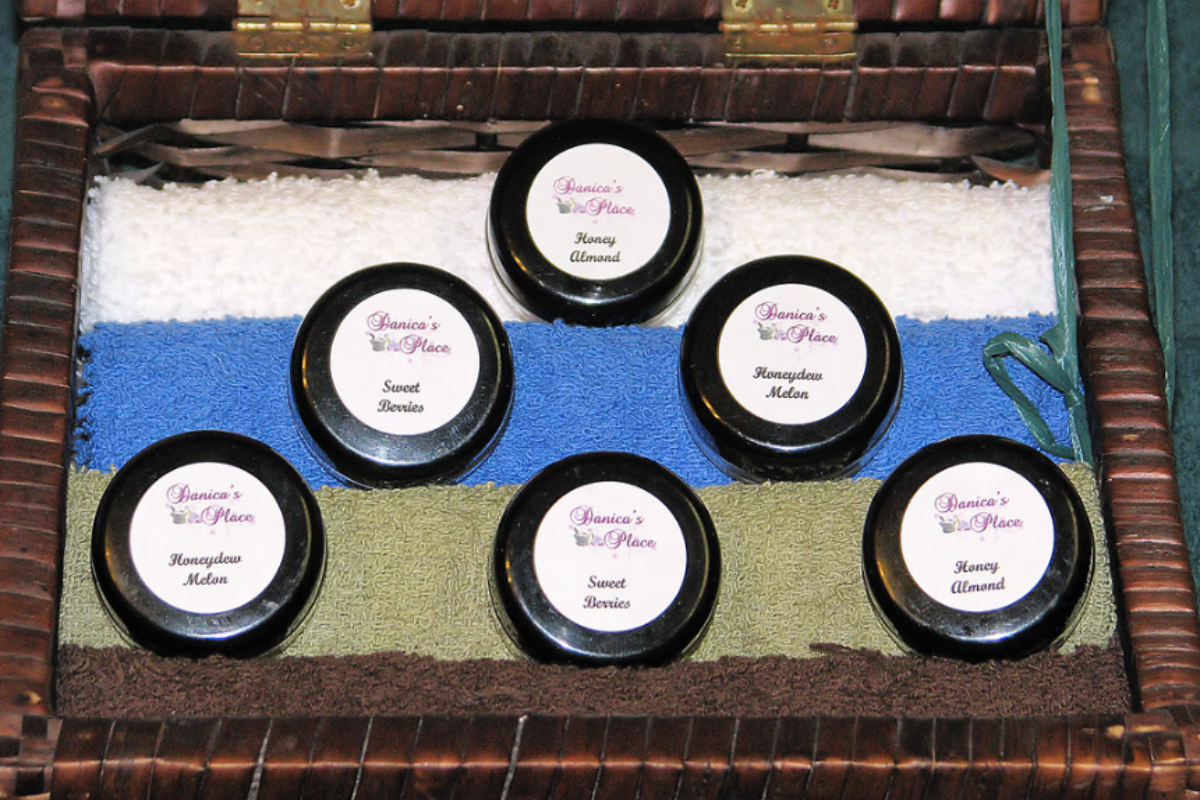
Airplane air is incredibly dry, often with humidity levels below 20 percent. Your skin and lips will feel the effects within a few hours of takeoff.
Pack a good moisturizer and lip balm in your carry-on and use them regularly throughout the flight to prevent uncomfortable dryness.
Follow the Two-Bag Liquid Rule Strategically
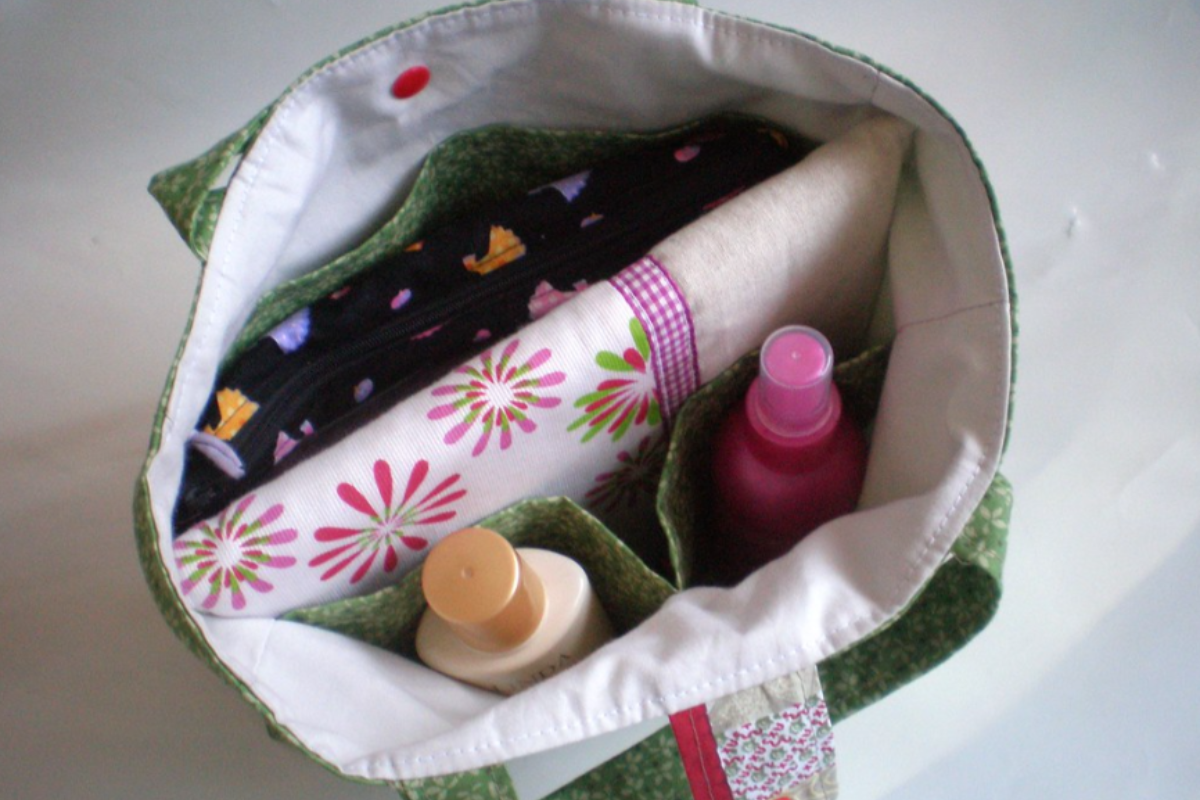
TSA allows one quart-sized bag of liquids per passenger, but you can maximize this space with smart choices. Prioritize multi-use items like moisturizer that works for face and body, or shampoo that doubles as body wash.
Every ounce counts when you’re trying to fit everything into that tiny bag.
Like Travel Pug’s content? Follow us on MSN.
The Evolution of Smart Travel
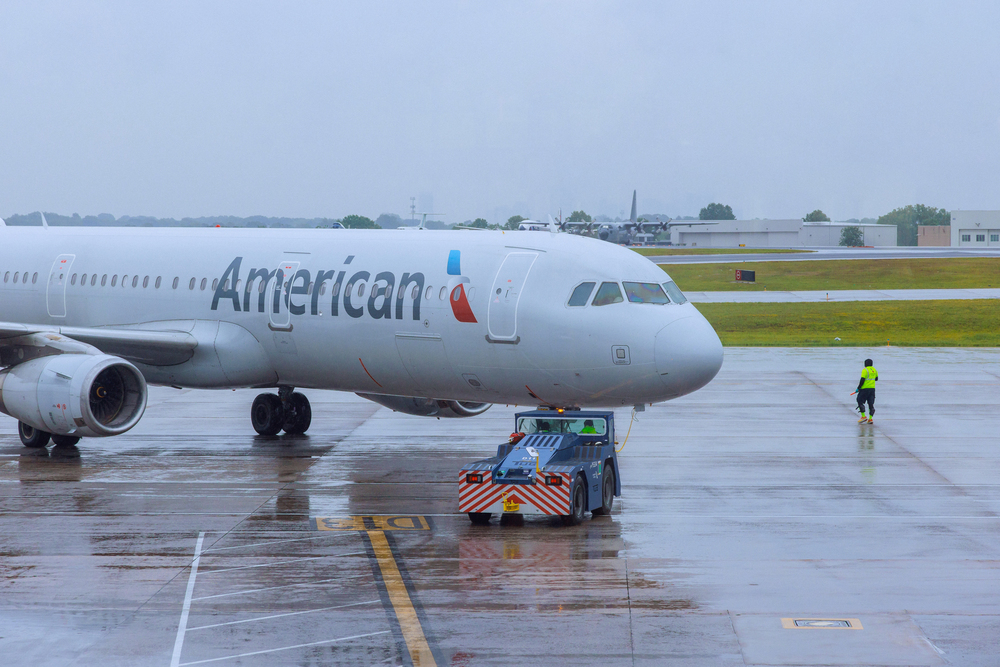
These packing strategies have evolved from decades of trial and error by millions of travelers who learned the hard way what works and what doesn’t. What began as basic survival tactics in the early days of commercial aviation has evolved into a refined science of comfort and efficiency.
Today’s travelers benefit from lightweight materials, TSA-approved containers, and compression technology that previous generations could only dream about. The goal remains the same as it was fifty years ago—arriving at your destination ready to enjoy your trip rather than recovering from the journey itself.
More from Travel Pug

- 20 Best Beach Towns in the Carolinas
- 13 Destinations Where Tourists Regularly Regret Their Trip
- 20 Destinations That Are More Magical Without an Itinerary
- 20 Underrated Adventures That Belong on Your Travel List
- 20 Cities Where You Should Just Wing It, No Planning Required
Like Travel Pug’s content? Follow us on MSN.N.
